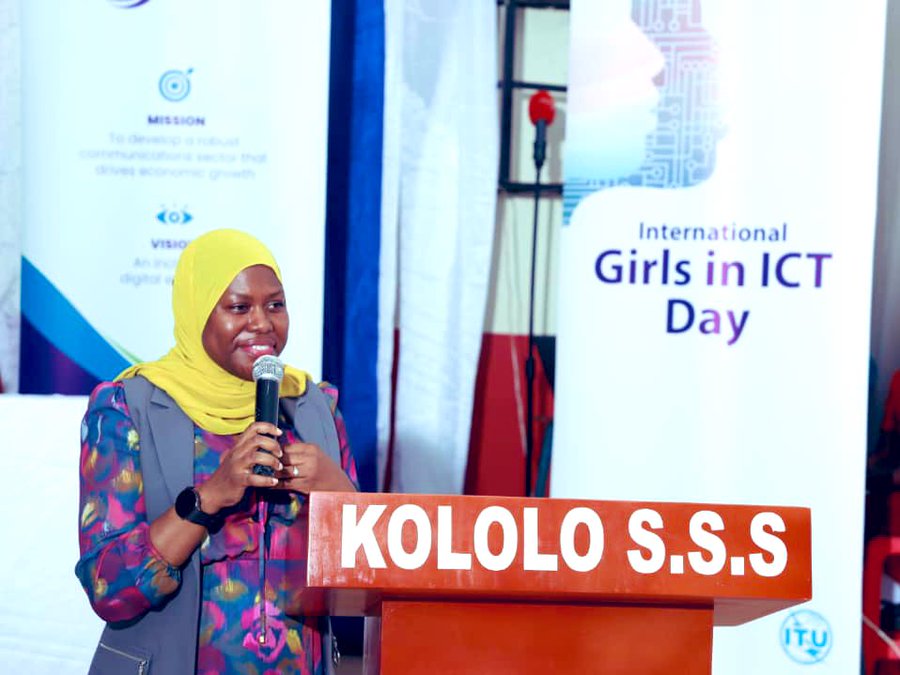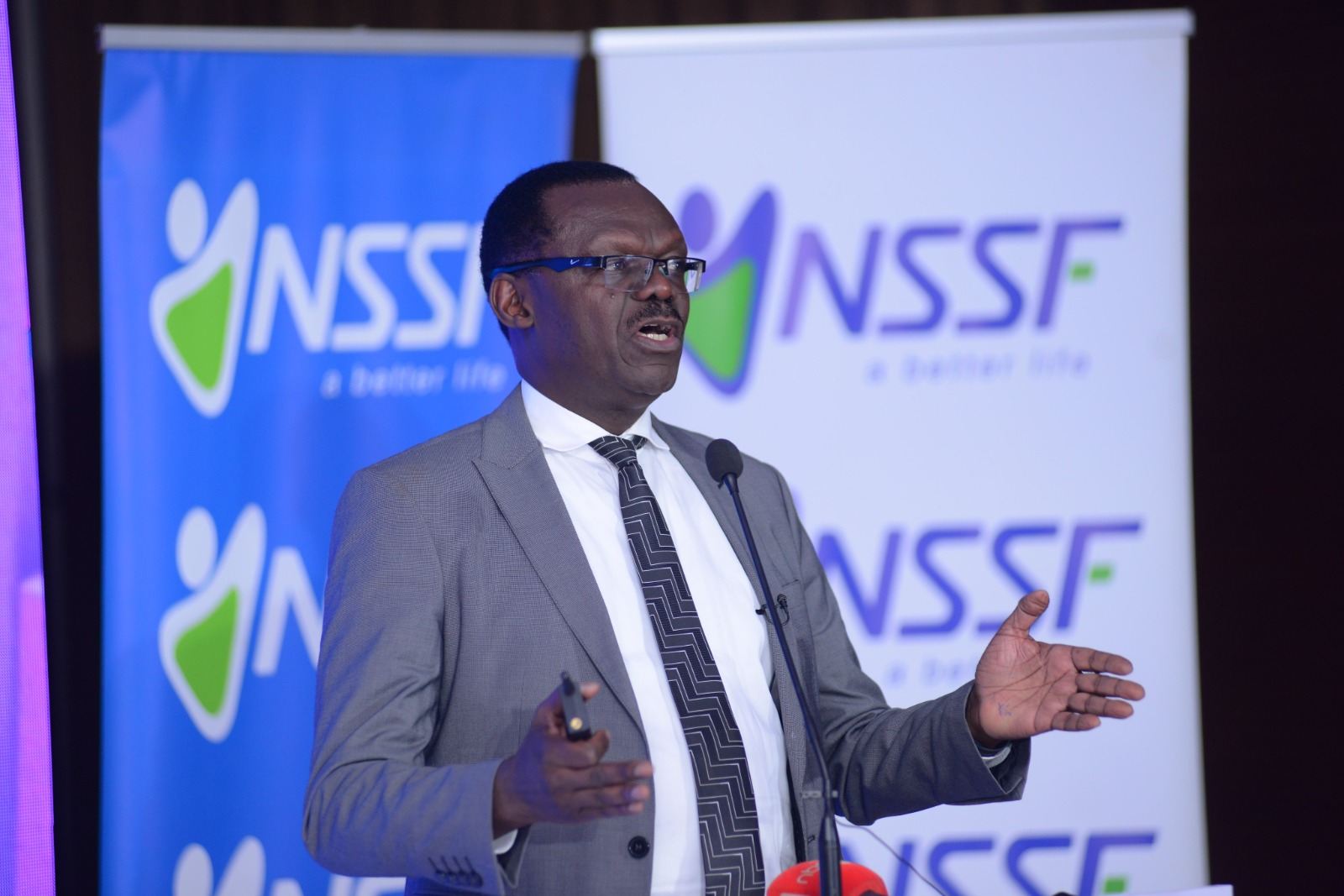Opinion: How direct selling is solving youth unemployment in Africa
While other sectors of the global economy took blows from the COVID-19 pandemic, the direct selling industry recorded tremendous growth.
The International Monetary Fund (IMF) estimates that the global economy shrunk by 4.4% in 2020; simultaneously, the direct selling industry reported growth of 2.3% worldwide.
Keep Reading
According to Malou Caluza, the CEO of QNET, a global direct selling company now with a footprint in East Africa, not only did the direct selling industry remained stable, the number of self-employment opportunities nearly doubled during the pandemic.
Even when the International Labour Organisation (ILO) reported job losses of up to 114 million in 2020 due to COVID-19 related restrictions, direct selling provided relief of income opportunities for youth and women as micro-entrepreneurs in the ‘gig economy.’
The low entry cost of direct selling empowers women in impoverished regions such as East Africa to lead the world with the highest entrepreneurial activity rates. No wonder Ugandan women are ranked the most entrepreneurial globally according to DHL’s Global Index for 2021 ahead of Botswana and Ghana -all African countries.
The World Bank’s economic analysis highlights adopting digital technologies has helped Africa to recover from the ruins of COVID-19 through boosting productivity and employment opportunities as e-commerce opens up new prospects for businesses.
In addition to enabling people to become entrepreneurs, direct selling companies such as QNET also support many small and local businesses to develop their products and set up manufacturing units, which provides local employment.
Caluza, QNET’s CEO, posits that Africa is the next big frontier for direct selling investment, given the continent’s young population and growing digital technology uptake.
“How well digitisation is integrated into the current economy, allowing businesses to leverage their digital commerce infrastructure and local know-how to provide new gainful income opportunities, will be key to this process,” she argued.
Amelia Kyambadde, the presidential advisor on trade, rallied Ugandan youth and women to embrace e-commerce and direct selling to survive unemployment and save on business costs such as rent.
“Technology has made life so easy; you no longer need physical stores to sell products; we have online shopping malls where you order for goods online, and they are delivered to your doorstep. With today’s technological advancements, it is no longer fashionable to rent physical spaces to parade merchandise,” Kyambadde explained.
In 2020, the World Federation of Direct Selling Associations (WFDSA) report showed a 17.3% year-on-year increase in the number of individuals involved in this industry, bringing the total of African direct selling distributors to 6.3 million.
Direct selling is a sales channel used by companies to promote their products away from a physical retail location.
QNET is a direct sales company specialising in health and wellness products. They include nutritional and food supplements, skincare, home care, cosmetics that aim to help improve the lives and well-being of its customers. Other QNET products include energy products, holiday packages, online education courses, and high-end luxury items, all sold online.













